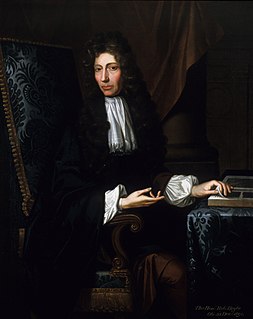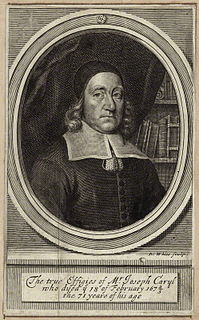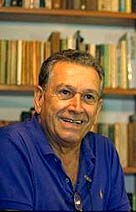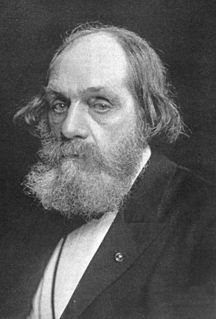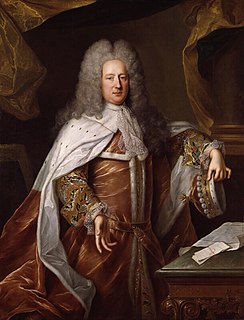A Quote by John B. S. Haldane
Haldane was engaged in discussion with an eminent theologian. "What inference," asked the latter, "might one draw about the nature of God from a study of his works?" Haldane replied: "An inordinate fondness for beetles."
Related Quotes
Knox was engaged in a theological discussion with scientist John Scott Haldane. 'In a universe containing millions of planets,' reasoned Haldane, 'is it not inevitable that life should appear on at least one of them?' 'Sir,' replied Knox, 'if Scotland Yard found a body in your cabin trunk, would you tell them: 'There are millions of trunks in the world; surely one of them must contain a body? I think the would still want to know who put it there'.
A discussion between Haldane and a friend began to take a predictable turn. The friend said with a sigh, 'It's no use going on. I know what you will say next, and I know what you will do next.' The distinguished scientist promptly sat down on the floor, turned two back somersaults, and returned to his seat. 'There,' he said with a smile. 'That's to prove that you're not always right.'
And first, it seems not at all probable, That if the Omniscient Author of Nature knew that the study of his Works did really tend to make Men disbelieve his Being or Attributes, he would have given Men so many Invitations, and almost Necessities, to study and contemplate the Nature of his Creatures: Of these Invitations divers have been mention'd already, and more might be added to them, if we thought it requisite.
God takes the most eminent and choicest of His servants for the choicest and most eminent afflictions. They who have received most grace from God are able to bear most afflictions from God. Affliction does not hit the saint by chance, but by direction. God does not draw His bow at a venture. Every one of His arrows goes upon a special errand and touches no breast but his against whom it is sent. It is not only the grace, but the glory of a believer when we can stand and take affliction quietly
The foundations of population genetics were laid chiefly by mathematical deduction from basic premises contained in the works of Mendel and Morgan and their followers. Haldane, Wright, and Fisher are the pioneers of population genetics whose main research equipment was paper and ink rather than microscopes, experimental fields, Drosophila bottles, or mouse cages. Theirs is theoretical biology at its best, and it has provided a guiding light for rigorous quantitative experimentation and observation.
Truths are known to us in two ways: some are known directly, and of themselves; some through the medium of other truths. The former are the subject of Intuition, or Consciousness; the latter, of Inference; the latter of Inference. The truths known by Intuition are the original premisses, from which all others are inferred.
The study of Nature is intercourse with the highest mind. You should never trifle with Nature. At her lowest her works are the works of the highest powers, the highest something in the universe, in whichever way we look at it... This is the charm of Study from Nature itself; she brings us back to absolute truth wherever we wander.
One day Mara, the Buddhist god of ignorance and evil, was traveling through the villages of India with his attendants. He saw a man doing walking meditation whose face was lit up in wonder. The man had just discovered something on the ground in front of him. Mara's attendants asked what that was and Mara replied, "A piece of truth." "Doesn't this bother you when someone finds a piece of the truth, O evil one?" his attendants asked. "No," Mara replied. "Right after this they usually make a belief out of it."
I do not believe that God intended the study of theology to be dry and boring. Theology is the study of God and all his works! Theology is meant to be LIVED and PRAYED and SUNG! All of the great doctrinal writings of the Bible (such as Paul's epistle to the Romans) are full of praise to God and personal application to life.


